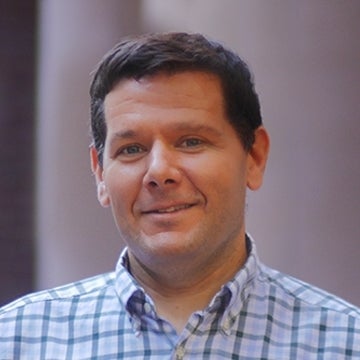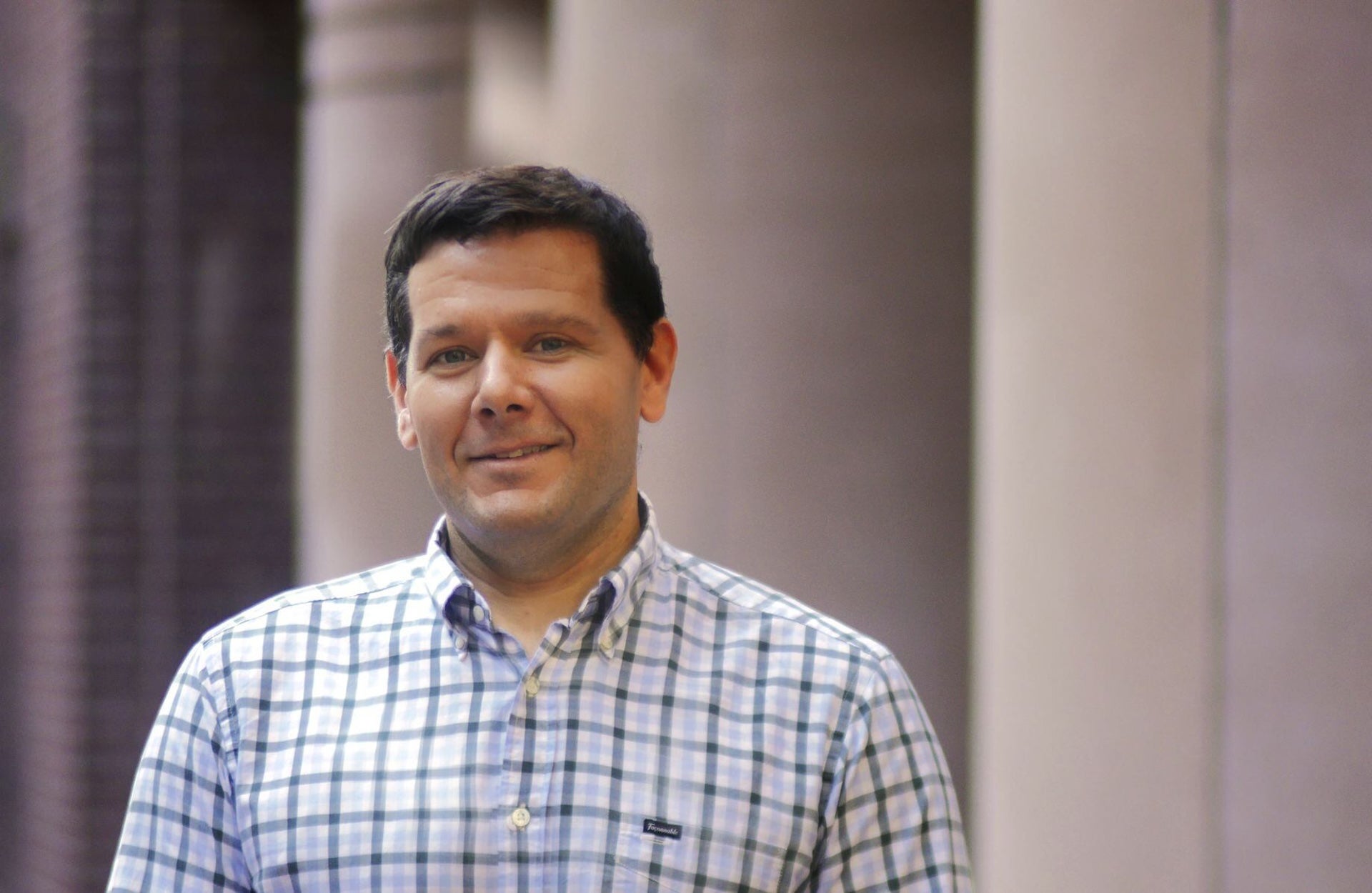
Matthew Levendusky, Ph.D.

- Penny and Robert A. Fox Director of the Fels Institute of Government, School of Arts & Sciences
- Professor of Political Science, School of Arts & Sciences
- Stephen & Mary Baran Chair in the Institutions of Democracy, Annenberg Public Policy Center
Matthew Levendusky studies public opinion and political communication, with a particular focus on the causes and consequences of political polarization, as well as how we might bridge the partisan divide in the U.S.
Matthew Levendusky is professor of Political Science, as well as the Stephen and Mary Baran Chair in the Institutions of Democracy at the Annenberg Public Policy Center at the University of Pennsylvania. He also holds a courtesy appointment in the Annenberg School for Communication.
He has previously been a visiting researcher at the European University Institute and at Aarhus University (2021-2022), the Penny and Robert A. Fox Director of the Fels Institute of Government (2018-2023), Distinguished Fellow in the Institutions of Democracy at the Annenberg Public Policy Center (2017-2019), graduate group chairperson (2013-2018), associate professor (2013-2018), and assistant professor of Political Science at the University of Pennsylvania (2007-2013), and a postdoctoral research associate at the Center for the Study of American Politics at Yale University (2006-2007).
He obtained his Ph.D. from Stanford University in 2006, and his BA (with highest honors) from The Pennsylvania State University in 2001. Since 2014, he has served as a decision desk analyst for NBC News.
He is the author of The Partisan Sort (University of Chicago Press, 2009), How Partisan Media Polarize America (University of Chicago Press, 2013), and Our Common Bonds: Using What American Share to Overcome the Partisan Divide (University of Chicago Press, 2023). He is also the co-author (with Dominik Stecula) of We Need to Talk: How Cross-Party Dialogue Reduces Affective Polarization (Cambridge Elements in Experimental Political Science, 2021) and (as part of the Annenberg IOD Collaborative) of Democracy Amid Crises: Polarization, Pandemic, Protests, and Persuasion (Oxford University Press, 2023). Beginning with the 15th edition, he is a co-author of American Government: Institutions and Policies (Cengage Learning; with James Q. Wilson, John J. DiIulio, Jr., and Meena Bose) and beginning with the 13th edition, he is a co-author of American Government: Institutions and Policies, Brief Edition (Cengage Learning; with James Q. Wilson, John J. DiIulio, Jr., and Meena Bose).
His work has also appeared in the American Journal of Political Science, Journal of Politics, Public Opinion Quarterly, Nature: Human Behaviour, as well as a variety of other leading journals. His research focuses on understanding how institutions and elites influence the political behavior of ordinary citizens, including studies of mass polarization, the effects of partisan media, and various other topics. He is often quoted in a variety of media outlets both nationally and internationally, including The New York Times, The Boston Globe, USA Today, CNN, and many others.
His work has been honored with a number of awards, including the 2011 Jewell-Lowenberg Award (for the best article published in Legislative Studies Quarterly), the 2013 best paper award from the Journal of Politics, the 2022 Rebecca Morton Best Article Award from the Journal of Experimental Political Science, the 2014 Goldsmith Book Prize from Harvard University’s Shorenstein Center (for How Partisan Media Polarize America), and the 2016 Erik Erikson Early Career Award from the International Society of Political Psychology.
Education
- B.A., Pennsylvania State University, 2001
- Ph.D., Stanford University, 2006
Selected Publications

Professor Matthew Levendusky Named Joint Professor at the Annenberg School and the Department of Political Science
In this Q&A, Levendusky reflects on his research and teaching.




